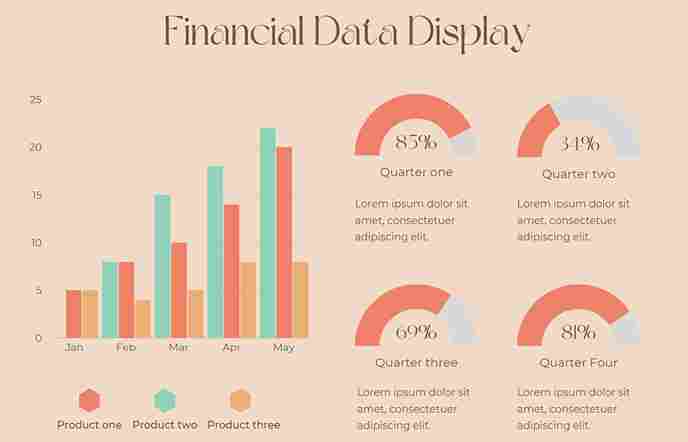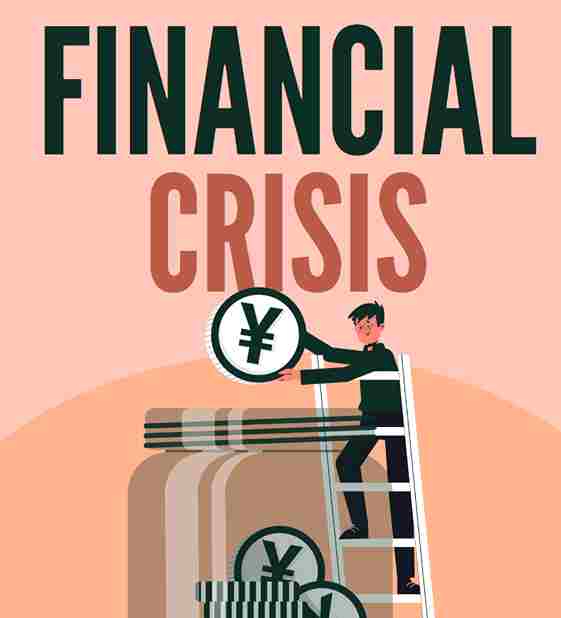The global crypto market, particularly Bitcoin, Ethereum, and other altcoins, has proven to be resilient in the face of economic turmoil, yet questions remain about how it might behave during periods of significant geopolitical instability. With ongoing conflicts in various regions such as the Middle East and Europe, it’s natural to wonder how such events might impact the value and stability of digital currencies. Cryptocurrencies, once hailed as decentralized and immune to traditional financial systems, could be deeply affected by rising tensions in any part of the world.
Historically, periods of uncertainty, like the 2008 financial crisis, have often led to spikes in Bitcoin’s price as investors sought alternatives to traditional financial markets. However, a full-scale war or conflict in critical regions like the Middle East or Europe could have different and more complicated effects. On one hand, the chaos could drive investors to seek safe-haven assets, but on the other hand, the instability could lead to rapid price volatility, liquidity issues, or even potential government crackdowns on digital assets.
In this article, we’ll delve into how conflict could impact the broader crypto market, including Bitcoin, Ethereum, and other popular cryptocurrencies. We will explore several factors, including the market’s response to geopolitical uncertainty, the potential role of decentralized assets during wartime, and how governments might intervene in times of crisis.
1. Geopolitical Instability and Its Influence on Crypto Prices

Geopolitical instability can significantly impact investor sentiment, and in turn, the prices of digital currencies. The Middle East, for instance, has long been a region of political volatility, with tensions frequently escalating into conflict. When such situations arise, investors often flee to assets they consider less risky. Historically, during periods of conflict, gold has been seen as a safe-haven asset. However, in recent years, Bitcoin has been likened to “digital gold” and has seen price surges during times of global instability.
The nature of Bitcoin’s decentralized and borderless structure could make it an attractive store of value in such scenarios. Since Bitcoin is not tied to any specific country or government, it could become more appealing to those seeking to protect their wealth from inflation, currency devaluation, or outright confiscation. For instance, if the Middle East were to experience a war, cryptocurrencies could see increased demand from individuals and institutions looking for a way to safeguard their assets from currency depreciation.
That said, Bitcoin’s price is not immune to volatility. A large-scale conflict could cause a flight to liquidity, leading to short-term price crashes. While Bitcoin is seen by some as a hedge against economic instability, its price is still highly susceptible to sudden shifts in market sentiment, which can be exacerbated during times of geopolitical uncertainty.
2. The Role of Ethereum and Altcoins in Crisis Situations
While Bitcoin often takes the spotlight, Ethereum and other altcoins also play crucial roles in the broader crypto ecosystem. In times of geopolitical conflict, Ethereum could face a different set of dynamics than Bitcoin. Ethereum is not just a store of value; it is a platform for decentralized finance (DeFi), smart contracts, and other blockchain-based applications. This means that the utility of Ethereum may continue to attract investment even during uncertain times.
However, the value of Ethereum might not be as directly impacted by geopolitical crises as Bitcoin. Ethereum’s price is often more susceptible to shifts in technology adoption and developer activity. For example, during a war, if there are disruptions to global internet infrastructure or power grids, Ethereum’s decentralized applications could be less functional, leading to potential losses in value. In contrast, Bitcoin, as a store of value and simpler cryptocurrency, might be more resilient to such challenges.
In addition, other altcoins such as Cardano, Solana, and Polkadot may also see price movements based on investor preferences for different use cases within the crypto space. However, these altcoins could be more vulnerable to speculation and lower liquidity compared to Bitcoin and Ethereum, making them potentially more volatile during periods of instability.
3. Government Responses and Regulation of Cryptocurrencies

In the event of a large-scale conflict, governments could intervene in various ways that directly affect the crypto market. One of the key concerns surrounding cryptocurrencies in times of geopolitical turmoil is government regulation. Many governments already have concerns about the anonymity and decentralization that cryptocurrencies offer, and in a time of war, they could impose strict regulations to prevent capital flight or financial instability.
For instance, in times of war, governments might restrict access to exchanges or mandate the conversion of cryptocurrencies into fiat currencies, especially if digital currencies are being used to bypass sanctions or fund conflict. Similarly, countries at war might ban or heavily regulate the use of cryptocurrencies to maintain control over their financial systems and prevent the destabilization of their local currencies.
Despite this, some governments might take a more lenient approach, seeing cryptocurrencies as a way to preserve financial sovereignty in a time of crisis. In such cases, digital currencies might play a role in enabling international trade and financial transactions in a way that bypasses traditional banking infrastructure, which could be compromised in a conflict.
4. Market Sentiment and Investor Behavior During War
The behavior of crypto investors during war or geopolitical instability can significantly influence the price and market dynamics of digital currencies. If a conflict were to break out in the Middle East or Europe, fear and uncertainty could trigger panic selling in the broader financial markets, which would likely include cryptocurrencies. This could lead to sharp drops in the price of Bitcoin, Ethereum, and other cryptocurrencies as investors flee to safer assets like gold or government bonds.
However, a large portion of crypto investors may view such a scenario as an opportunity to buy in at lower prices, hoping for a rebound once the crisis settles down. This “buy the dip” mentality is common in volatile markets, and it could lead to quick recoveries in crypto prices once the initial panic subsides.
Moreover, the volatility of crypto markets could be exacerbated by media coverage of the conflict. Market participants are often influenced by headlines and news cycles, and during times of geopolitical tension, sensationalist reports could send the markets into a frenzy, increasing volatility and uncertainty.
5. Long-Term Outlook: Will Crypto Be the Future of Financial Freedom?

Despite the short-term volatility and regulatory challenges, the long-term outlook for cryptocurrencies in conflict scenarios could be more optimistic. Cryptocurrencies like Bitcoin and Ethereum offer an alternative financial system that operates independently of traditional banking institutions and government controls. In the event of prolonged geopolitical instability, cryptocurrencies could become a vital tool for individuals and businesses looking to maintain financial autonomy.
As we move into an increasingly digital world, it’s possible that the use of cryptocurrencies could expand beyond just speculative investment. In a post-conflict world, cryptocurrencies could become more integrated into the global economy, serving as a means of cross-border trade and remittances, especially in regions where traditional financial systems have been disrupted or are no longer functional.
In the long run, the value of cryptocurrencies could be less dependent on the outcome of any single conflict. Instead, their true potential may lie in their ability to serve as a universal, decentralized form of money that can withstand the challenges of an unpredictable world.
Conclusion
Geopolitical conflict, particularly in sensitive regions like the Middle East or Europe, can have a significant impact on the global crypto market. While the immediate effect could be volatility and uncertainty, the long-term potential of cryptocurrencies as a decentralized store of value and financial tool remains strong. Investors must be prepared for the unpredictable nature of the market during times of crisis, but they should also consider the long-term benefits of owning digital assets that are less dependent on traditional financial systems.

